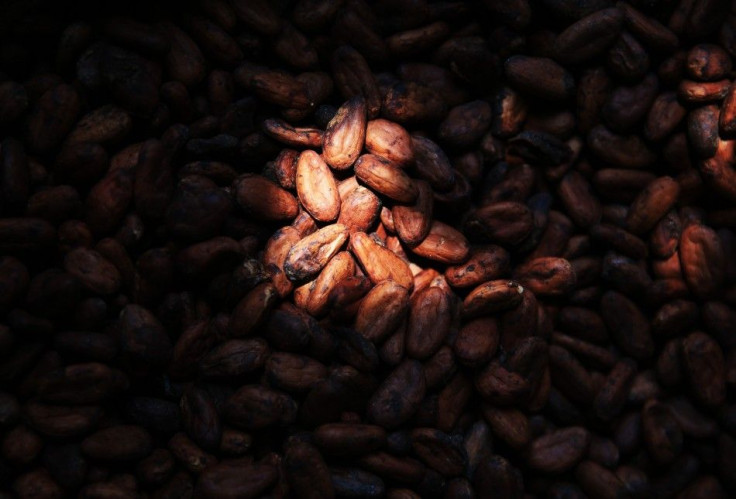Cocoa enhances cardiovascular health, lowers blood pressure

Often cited for numerous health benefits, cocoa flavanols are known to be good antioxidants and are proven to improve memory and cognitive health. Scientists now claim that consuming cocoa flavanols may also reduce the risk of developing cardiovascular diseases, or CVD, even among people with good health.
As people age, the blood vessels become less flexible and less able to expand, obstructing the normal blood flow and circulation, which are conditions closely linked with CVD. With the increasing incidence of CVD, it is important to understand the positive impact of die in maintaining the health of the heart and blood vessels, says Dr. Malte Kelm, professor of cardiology, pulmonary diseases and vascular medicine at University Hospital Düsseldorf and scientific director of FLAVIOLA.
Cocoa flavanols are plant-derived bioactives from the cacao bean. While previous studies have shown the benefits of flavanols such as improving the elasticity of blood vessels and lowering blood pressure, these investigations focused on high-risk individuals like smokers and people suffering from hypertension and coronary heart disease.
The two new studies conducted by Kelm’s team, published in journals Age and the British Journal of Nutrition, are the first to look at the different effects of cocoa flavanols on the blood vessels of healthy, low-risk individuals with no signs or symptoms of CVD. The researchers aimed to measure how flavanols affect the hallmarks of cardiovascular aging such as arterial stiffness, blood pressure and flow-mediated vasodilation, or the extent to which blood vessels dilate in response to nitric oxide.
In one study, the researchers asked two groups of healthy males – one set of young men and one set of older men – to consume either a flavanol-containing drink or a flavanol-free control drink twice a day for two weeks. Over the course of the study, they found that vasodilation was significantly improved in both age groups. A significant decrease in systolic blood pressure was also observed in the older age group.
The second study involved a larger group, made up of 100 healthy middle-aged men and women with low risk of CVD. For four weeks, participants were randomly and blindly assigned into groups that consumed either a flavanol-containing drink or a flavanol-free control drink twice a day. The investigation revealed that consuming flavanols for four weeks significantly increased flow-mediated vasodilation by 21 percent, decreased blood pressure and improved the blood cholesterol profile.
To corroborate their study, the researchers also calculated the Framingham Risk Score, a widely used model to estimate the 10-year cardiovascular risk of an individual.
“Our results indicate that dietary flavanol intake reduces the 10-year risk of being diagnosed with CVD by 22 percent and the 10-year risk of suffering a heart attack by 31 percent,” says Kelm.
The team notes that the application of 10-year Framingham Risk Scores should be interpreted with caution, since the study was only conducted for weeks only, and the number of participants did not reach the scale of other Framingham studies. However, Kelm stresses that the reduction seen in risk scores suggests that flavanols may have primary preventive potential for CVD.
To investigate the health potential of flavanols on a much larger scale, longer-term studies such as the five-year Cocoa Supplement and Multivitamin Outcomes Study, or COSMOS, involving 18,000 men and women are now underway.
Contact the writer at feedback@ibtimes.com.au or tell us what you think below.





















